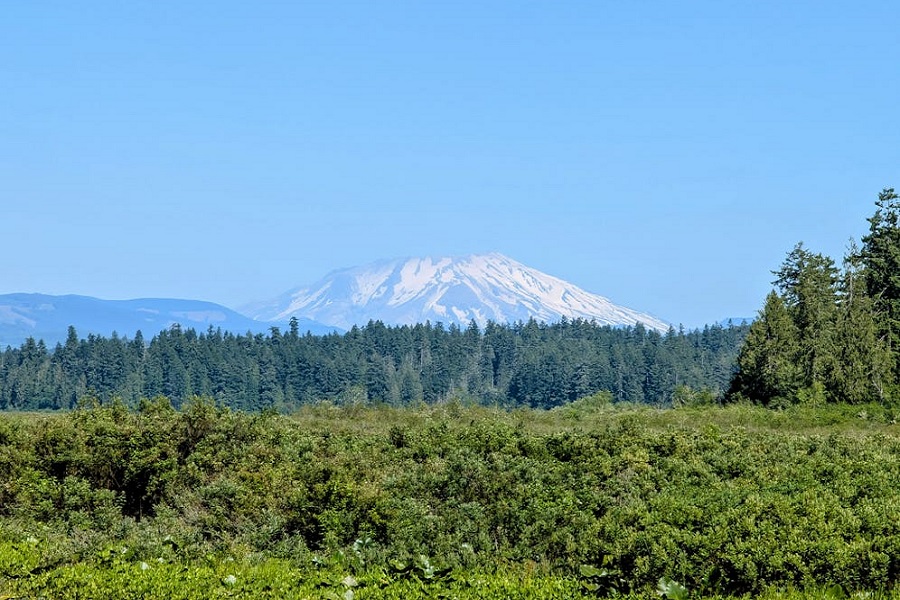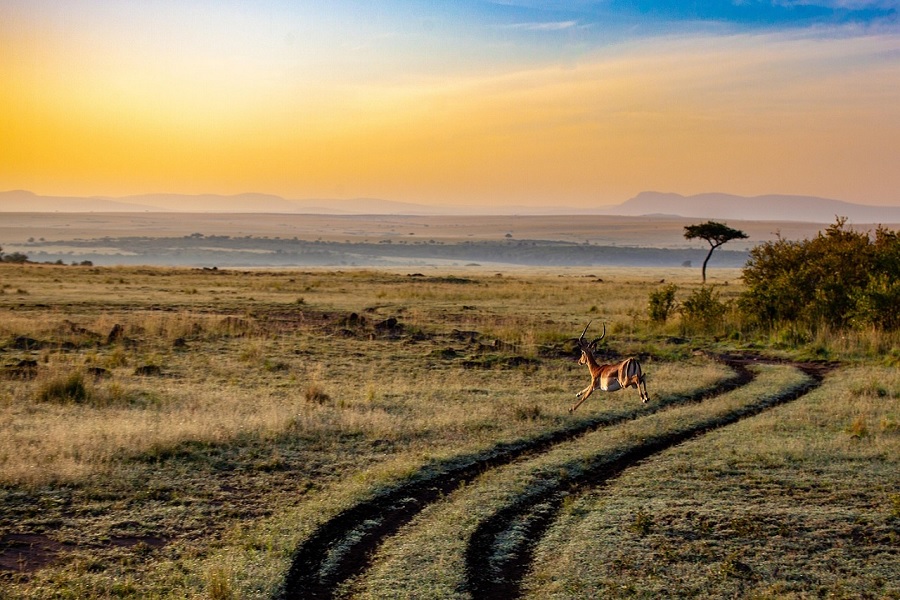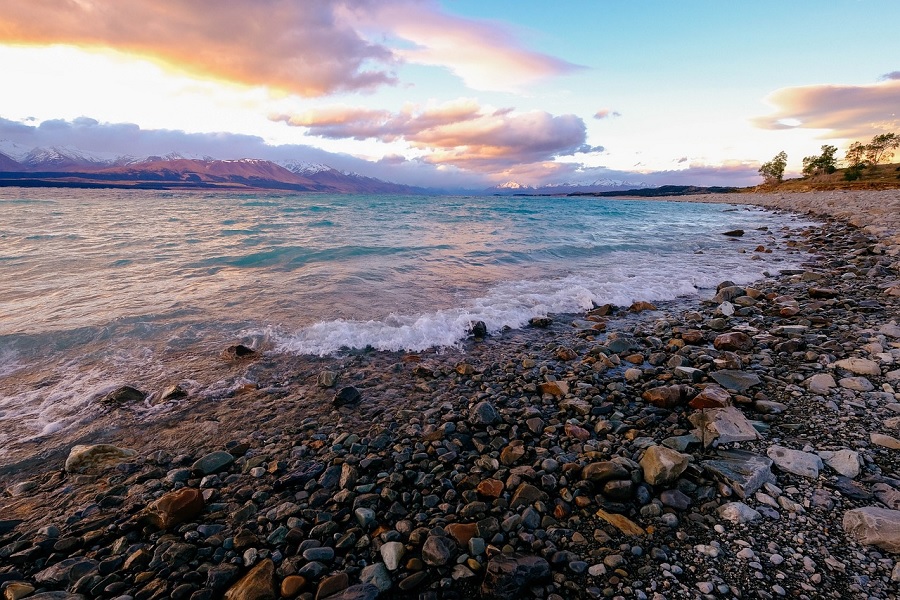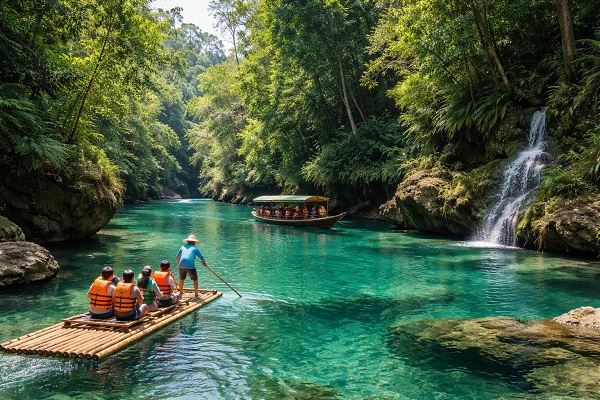"Embracing Nature Responsibly: A Glimpse into Eco-Tourism"

The stunning image of a snow-capped mountain peeking above a lush, green forest under a crystal-clear blue sky is the perfect visual representation of eco-tourism — a form of travel that allows individuals to experience nature in its purest form while preserving it for future generations.
What is Eco-Tourism?
Eco-tourism is responsible travel to natural areas that conserves the environment, sustains the well-being of local people, and involves interpretation and education. It promotes low-impact, environmentally friendly travel that encourages travelers to become part of the conservation movement, rather than just observers.
In the image, we see a pristine, untouched landscape — a perfect eco-tourism destination that offers peace, education, and adventure all in one.
Why This Landscape Matters
This mountain, forest, and green expanse reflect more than beauty — they reflect the importance of biodiversity and environmental protection. Locations like this are home to thousands of plant and animal species. They serve as crucial carbon sinks, regulate water cycles, and provide natural resources that many communities depend on.
Eco-tourism plays a vital role in protecting these areas through:
Sustainable visitor practices
Funding conservation projects
Supporting local and indigenous communities
Raising awareness about climate change and biodiversity loss
Activities That Define Eco-Tourism
When visiting eco-destinations like the one in the image, typical activities include:
Hiking through protected trails
Birdwatching and wildlife photography
Camping in designated eco-zones
Nature interpretation tours
Volunteering for conservation programs
These activities not only provide travelers with unforgettable memories but also educate them about the delicate balance of ecosystems.
How to Be an Eco-Tourist
To ensure that your travel is eco-conscious, consider the following:
Choose eco-certified accommodations and tour operators
Avoid single-use plastics and always pack out what you pack in
Respect local customs and wildlife
Stay on marked trails to avoid harming delicate vegetation
Support local businesses and artisans




















